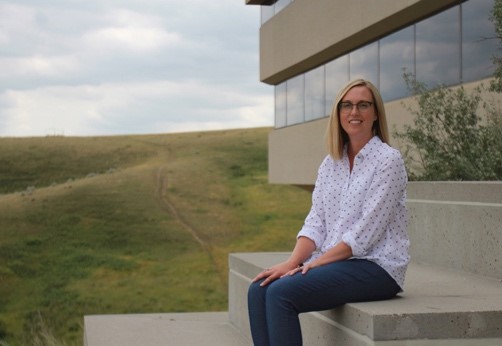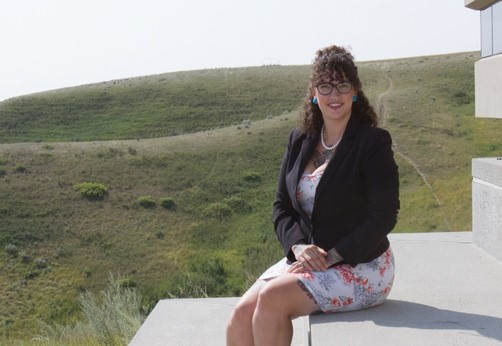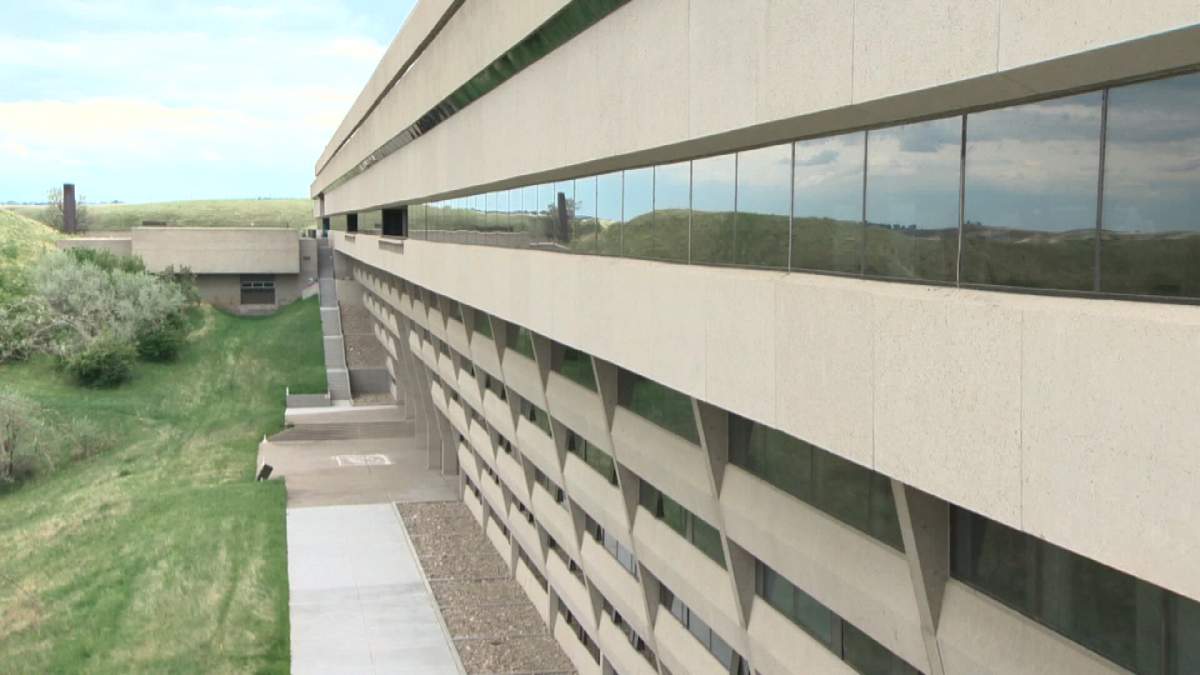Two projects conducted by researchers at the University of Lethbridge have received a boost thanks to a pair of awards from the Parkland Institute.

One of the projects focuses on access to midwifery care in Alberta and the other on the use of gallows humour among members of southern Alberta’s Kainai Nation.
Dr. Tiffany Boulton is conducting the project on midwifery care. The post-doctoral fellow in the Department of Sociology plans to interview midwives about who they serve, who they see as being under-served and the challenges they face in their practices.
In Alberta, midwives attend about five per cent of births in the province and the wait lists for their services are long. The Lethbridge region has just two midwives who both work out of Cardston.
Boulton also wants to speak to midwives about the length of their waiting lists and conduct a policy analysis at local, regional and provincial levels.

“My longer-term goal is to impact some of this policy and look at how we can make midwifery care more available to more women in the province,” Boulton said in a release from the University of Lethbridge.

Get daily National news
On a previous research project, Boulton found that women reported more positive childbirth experiences with midwives than physicians.
The other research project to garner a Parkland Institute award is being conducted by Amberlea Parker, a student pursuing her masters degree in Cultural, Social and Political Thought.
She plans to talk with Kainai elders and younger generations in their 20s and 30s about gallows humour — grim and ironic humour used in desperate or hopeless situations.

“The Kainai people have been dealing with settler colonization and the residential schools,” Parker said in a release from the University of Lethbridge.
“We’re talking about traumas that are alive and well today. It’s important to look at how humour has been employed by Blackfoot elders and youths to see how it has changed among the generations, how residential schools and colonization affected elders and how the younger generation uses humour.”
Through her oral history project, Parker hopes to speak with 20 to 30 Kainai members, both old and young, about how they use humour. She hopes to identify themes and differences in the way the two groups use it.
The Parkland Institute is a province-wide, non-partisan research centre situated at the University of Alberta in Edmonton.








Comments